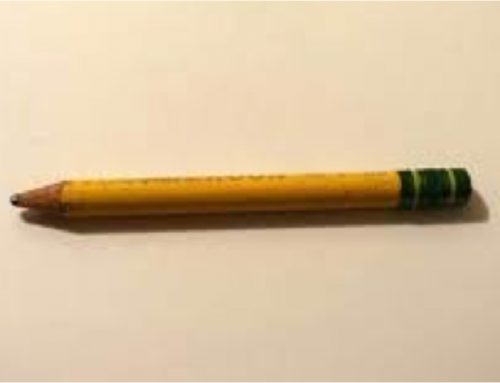By: Ian Schnepf, Digital Media Specialist at HealthTech HotSpot
African American physician, researcher, and innovator Dr. Charles Drew reshaped the medical world with his work, saving the lives of countless soldiers during World War II and creating the blueprint for the modern blood bank.
Drew became a Doctor of Medicine and Master of Surgery in 1933 after graduating from McGill University where he achieved Alpha Omega Alpha membership. He began his post graduate work in 1938 and wrote his doctoral thesis, “Banked Blood: A Study in Blood Preservation,” on his extensive research into blood preservation techniques. This earned him a Doctor of Science in Medicine in 1940 becoming the first African American to do so.
With the violence of the second world war ever-increasing, Drew helped to set up the Blood for Britain project shortly after receiving his doctorate in 1940. Blood for Britain was a groundbreaking program that collected and exported blood to the UK for use in the war effort. As the leading authority on blood preservation, he was responsible for overseeing the collection, testing, and storage of blood donations. The program ran for five months resulting in 15,000 donors and 5,500 units of blood.
The success of the Blood for Britain project resulted in Drew being appointed the director of the first American Red Cross Blood Bank in 1941. There he set up the system for collection and distribution of blood for the U.S. Army and Navy. Drew came up with the idea to create bloodmobiles, refrigerated trucks for storing and transporting blood donations. He also established blood donation centers in storefronts and factories. All the donations were then processed in one central laboratory under strict standards he personally developed.
Unfortunately, racial discrimination would lead to the end of his involvement in the program. The Army and the Red Cross ruled that blood collected from black donors could not be mixed with blood from white donors, a policy they would keep until 1950. The policy was widely controversial, and Drew resigned in protest stating, “it was a bad mistake for three reasons: one, no official department of the Federal Government should willfully humiliate its citizens; two, there is no scientific basis for the order; three, they need the blood.”
Drew spent the rest of his life protesting racial inequality in healthcare and became an inspiration to many. He was later selected as the first African American to serve as an examiner on the American Board of Surgery and had a long career in research and teaching at Freedman’s Hospital and Howard University. In 1944 the NAACP honored him with the Spingarn Medal for his work. Drew’s research has saved countless lives during and since World War II, and his contributions to the creation of the modern blood bank cannot be understated.









